Components of Digital Marketing
Digital marketing is an ever-evolving field, combining various strategies to connect with audiences and achieve business goals. To succeed, it’s essential to understand its core components. Here are the main elements of digital marketing that every business should consider implementing.
1. Search Engine Optimization (SEO)
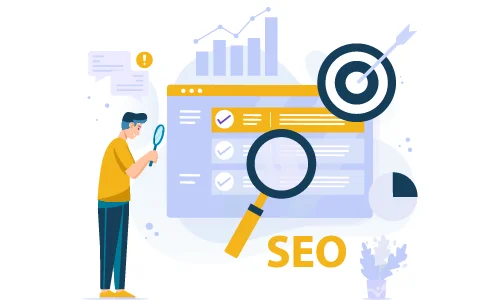
SEO is the backbone of digital marketing. It ensures your website ranks high on search engines, making it easier for customers to find you. Effective SEO involves technical optimization, content improvements, and strategic link-building.
- Keyword research and optimization.
- Technical SEO improvements.
- Link-building strategies.
- On-page and off-page SEO tactics.
SEO not only drives organic traffic but also establishes your brand’s authority online.
2. Content Marketing
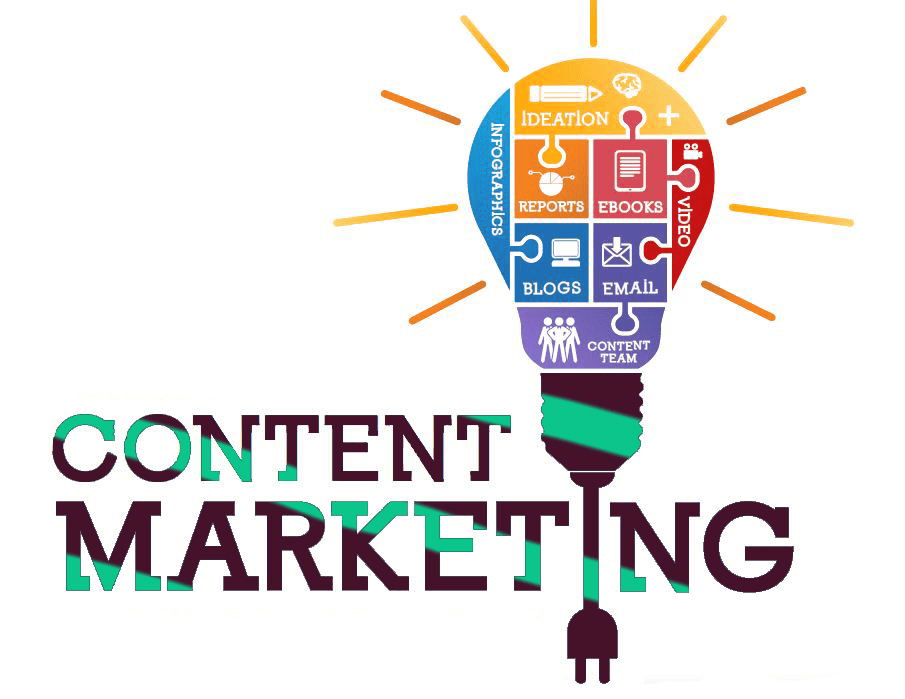
Content marketing focuses on creating and sharing valuable content to attract and retain a target audience. It plays a critical role in nurturing leads and building trust with potential customers.
- Blog posts, videos, and infographics.
- Consistent, high-quality, and relevant content.
- Engagement through storytelling.
- SEO-friendly content to boost visibility.
By aligning your content with your audience’s needs, you can position your brand as a thought leader.
3. Social Media Marketing

Social media platforms are vital for connecting with audiences, building brand awareness, and driving website traffic. Each platform offers unique opportunities to reach specific demographics.
- Targeted ads and organic posts.
- Audience engagement through comments and messages.
- Analytics to measure performance.
- Social listening to understand customer sentiment.
4. Pay-Per-Click Advertising (PPC)
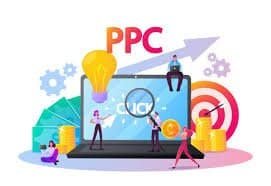
PPC drives immediate traffic to your site through paid advertisements, appearing on search engines and other platforms. It’s a cost-effective way to reach potential customers quickly.
- Budget-friendly with measurable ROI.
- Keyword-targeted campaigns.
- A/B testing for optimization.
- Retargeting to re-engage past visitors.
PPC campaigns allow for precise targeting and measurable results, making them ideal for both small and large businesses.
5. Email Marketing
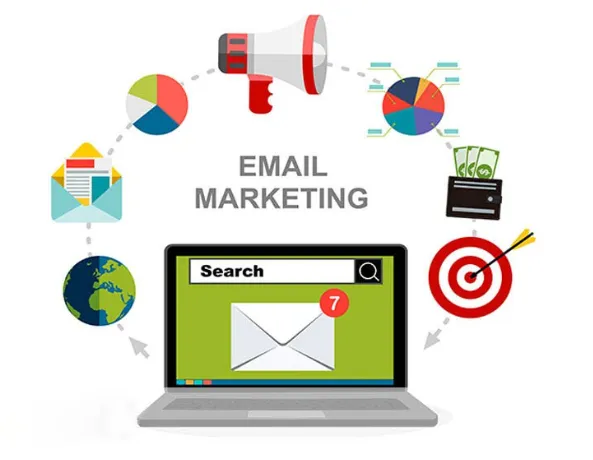
Email marketing is a direct channel to communicate with your audience, nurture leads, and drive conversions. It’s one of the most cost-effective digital marketing strategies.
- Personalized email campaigns.
- Automated workflows.
- Performance tracking and analytics.
- Segmentation for targeted messaging.
A well-crafted email campaign can foster customer loyalty and drive repeat business.
6. Affiliate Marketing
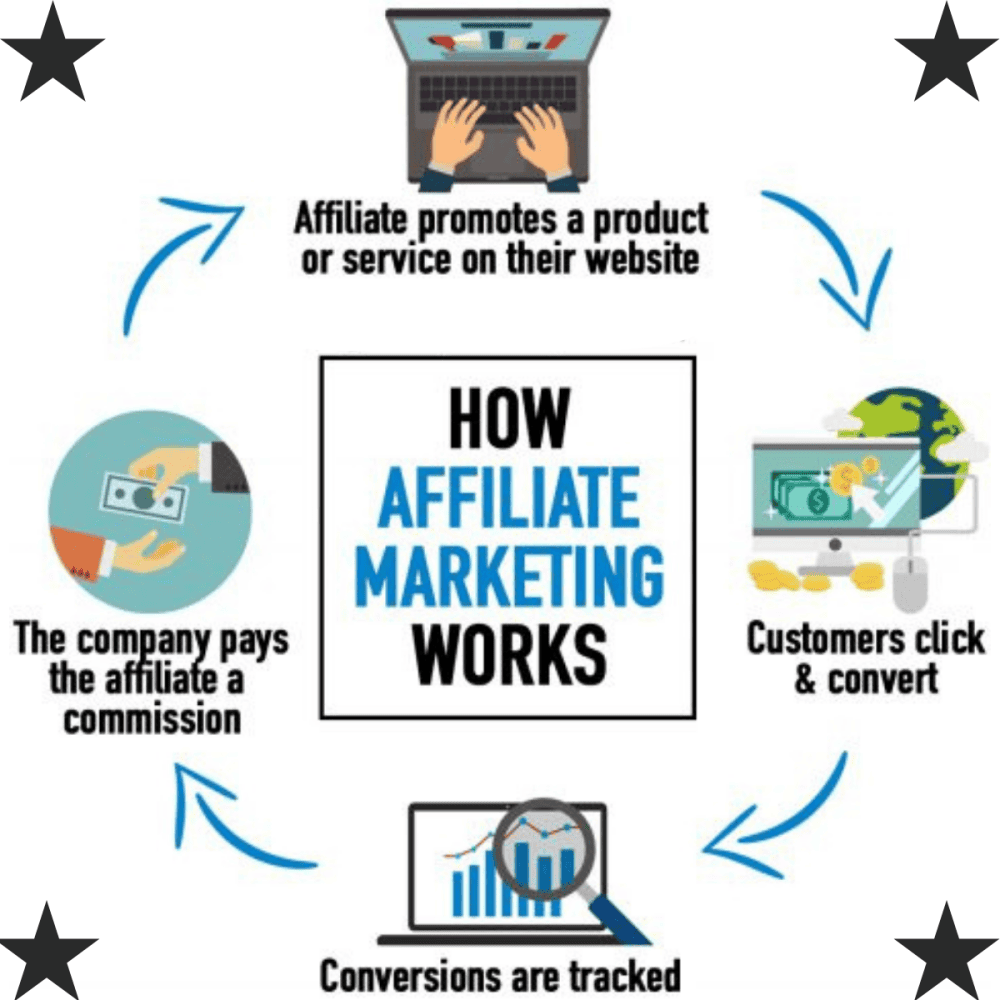
Affiliate marketing involves partnering with individuals or businesses who promote your products for a commission. It’s a performance-based strategy that expands your reach.
- Performance-based partnerships.
- Increased brand exposure.
- Cost-effective marketing strategy.
- Access to niche audiences through affiliates.
Affiliate marketing is a win-win for both brands and promoters.
7. Influencer Marketing

Collaborating with influencers can help you reach a broader audience and build trust with potential customers. Influencers’ recommendations often carry significant weight with their followers.
- Partnerships with niche influencers.
- High engagement and authenticity.
- Boosts brand credibility.
- Creative campaigns tailored to audiences.
This component leverages social proof to amplify your marketing efforts.
8. Web Analytics
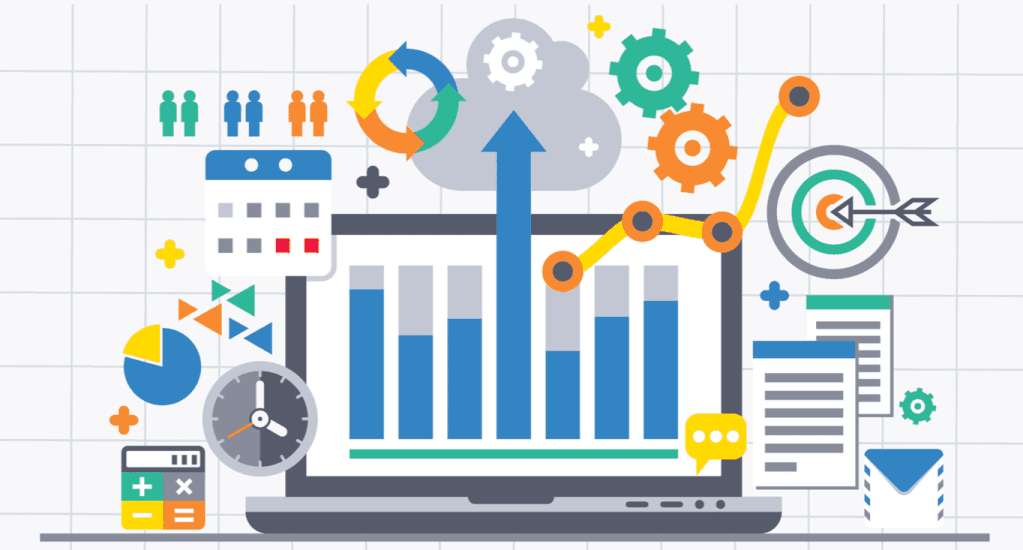
Web analytics provide insights into how users interact with your site, helping you optimize performance. It’s the key to understanding what works and what doesn’t.
- Traffic and conversion tracking.
- Heatmaps to analyze user behavior.
- Actionable data for informed decisions.
- Reporting to evaluate ROI.
Analytics empower you to fine-tune your strategies for better results.
9. Mobile Marketing
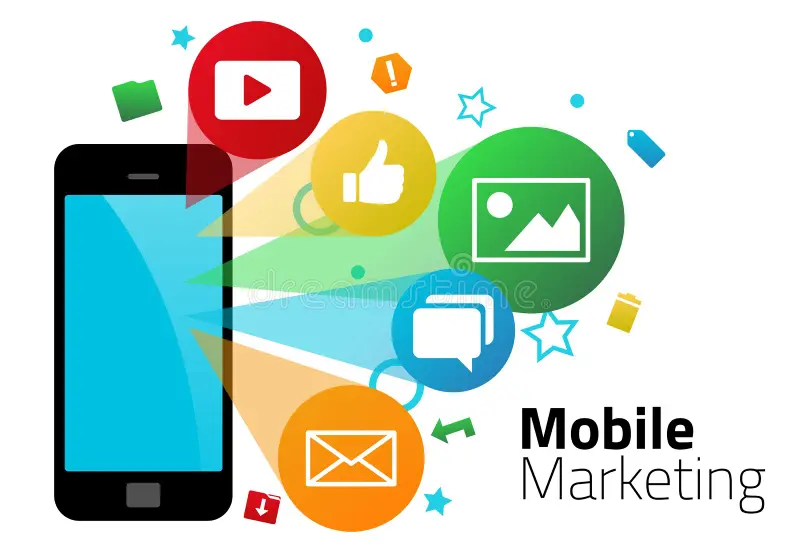
With the rise of mobile usage, mobile marketing is essential for reaching users on their preferred devices. It ensures that your brand stays accessible anytime, anywhere.
- Mobile-friendly websites and apps.
- SMS and push notifications.
- Location-based marketing.
- Mobile-specific ad campaigns.
An effective mobile marketing strategy can significantly boost customer engagement.
10. Video Marketing
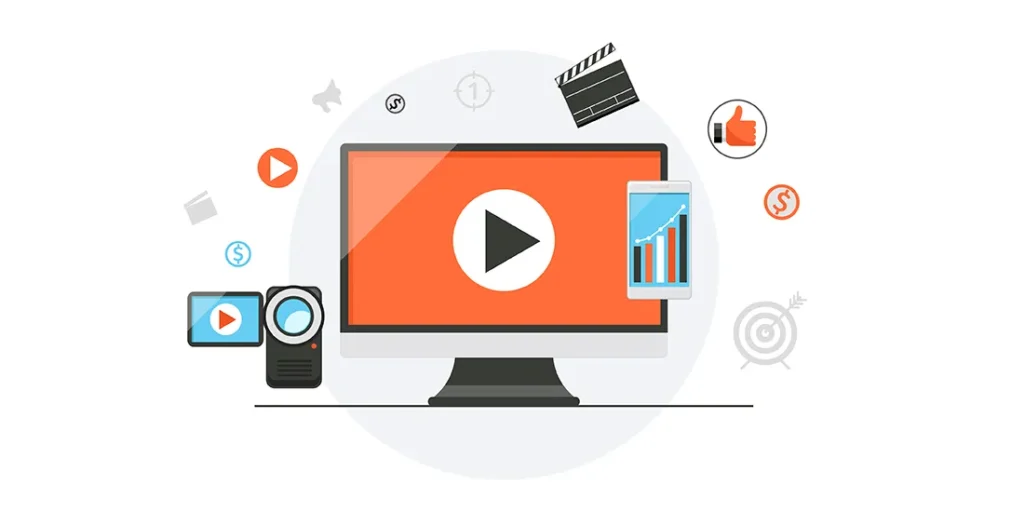
Video content is highly engaging and effective for storytelling, brand promotion, and customer education. It’s a versatile medium that resonates with various audience segments.
- Platforms like YouTube and TikTok.
- Live streaming and webinars.
- Tutorials and product demos.
- High shareability for greater reach.
Videos have the power to convey complex messages in an easily digestible format.
Conclusion
Digital marketing encompasses multiple strategies that work together to achieve business objectives. By understanding and implementing these components, you can create a robust marketing plan tailored to your audience. Which of these components do you use in your strategy? Let us know in the comments!
Pro Tip: Stay updated with the latest trends and tools in digital marketing to ensure your strategies remain effective.
